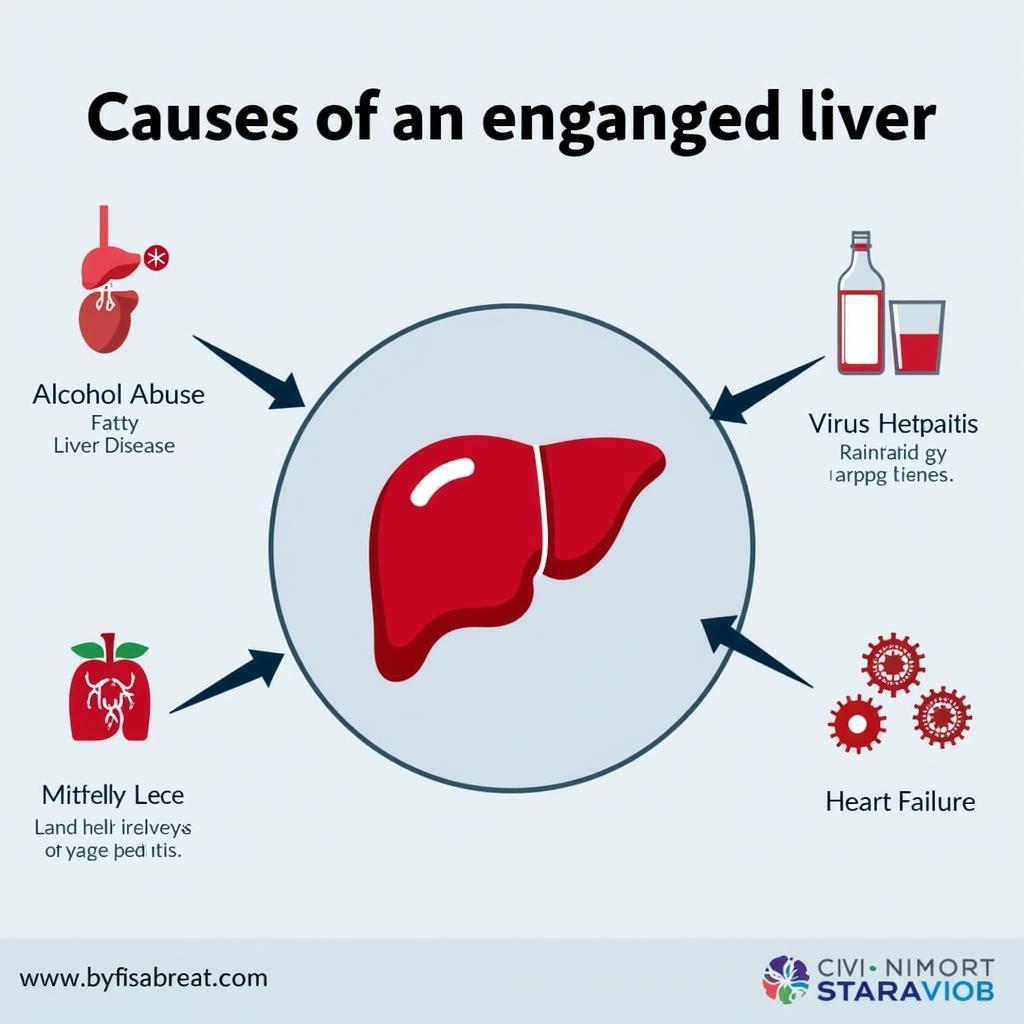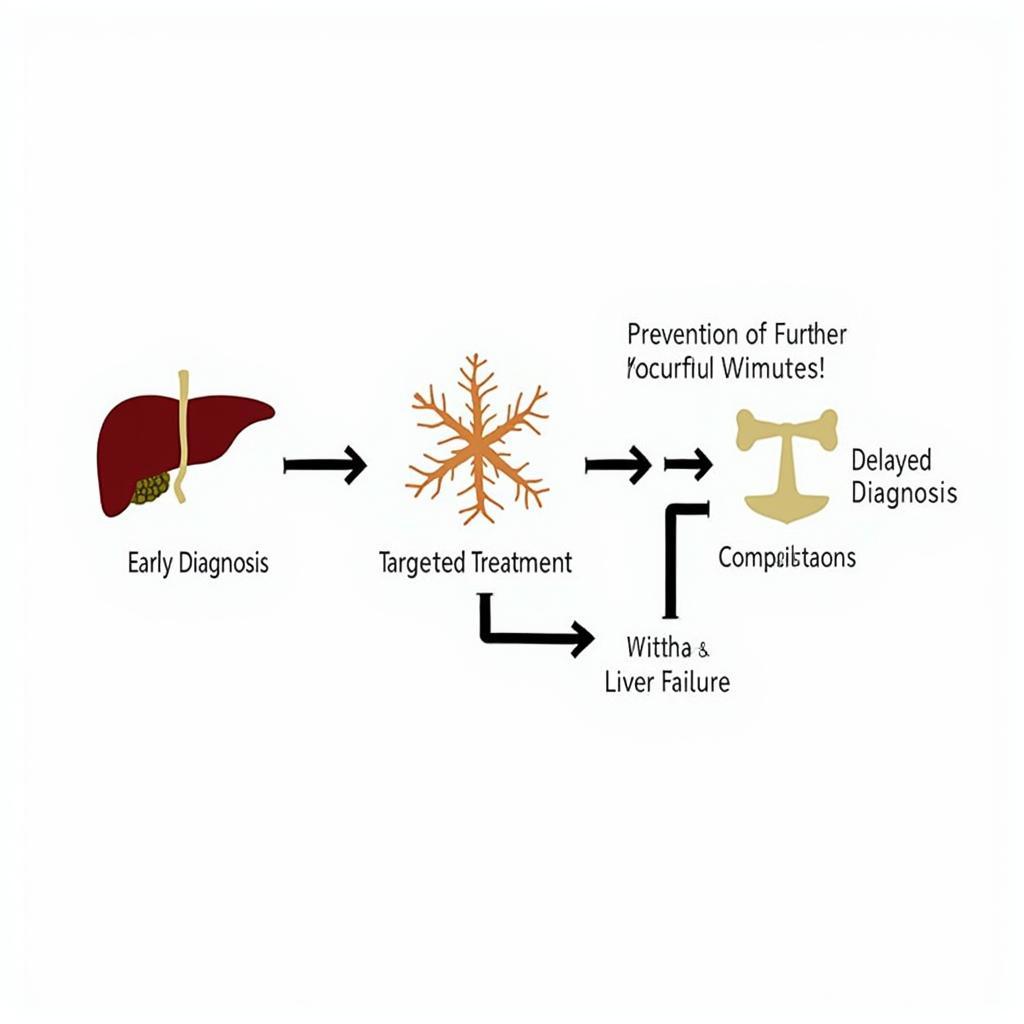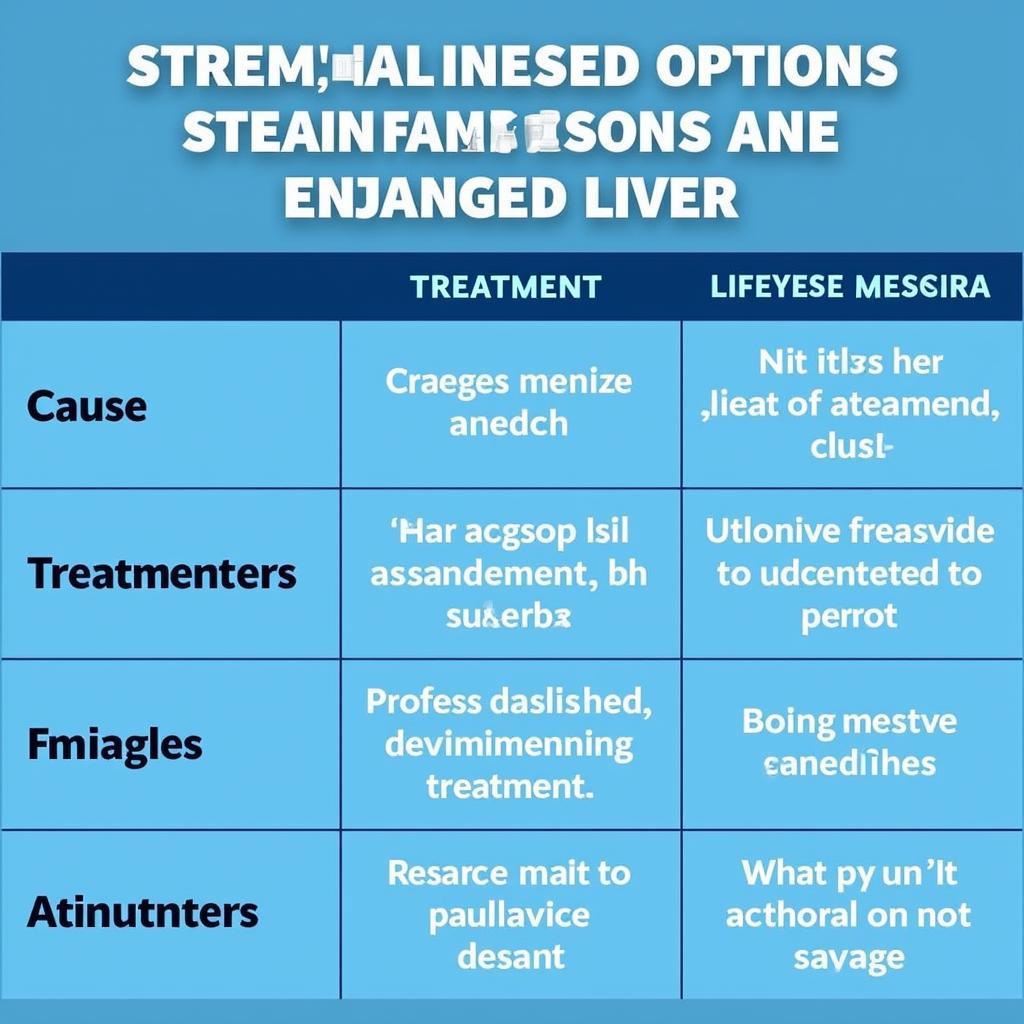Enlarged Liver Football? What could these two seemingly unrelated topics have in common? More than you might think. While not a recognized medical term, “enlarged liver football” likely refers to the perceived size of an enlarged liver, often compared to a football to help visualize its magnitude. This article delves into the potential reasons behind an enlarged liver, its symptoms, and the importance of seeking medical attention.
What Causes an Enlarged Liver (Hepatomegaly)?
An enlarged liver, medically known as hepatomegaly, can stem from a variety of causes, ranging from relatively benign conditions to more serious underlying diseases. Some common culprits include:
- Fatty Liver Disease: This is one of the most prevalent causes, often linked to obesity, diabetes, and high cholesterol.
- Alcohol Abuse: Excessive alcohol consumption can damage liver cells, leading to inflammation and enlargement.
- Viral Hepatitis: Infections like hepatitis B and C can cause chronic liver inflammation and contribute to hepatomegaly.
- Heart Failure: This can cause blood to back up into the liver, resulting in congestion and enlargement.
- Certain Cancers: Liver cancer, as well as cancers that spread to the liver, can cause an increase in its size.
 Enlarged Liver Causes Diagram
Enlarged Liver Causes Diagram
Recognizing the Symptoms of an Enlarged Liver
Often, an enlarged liver presents no noticeable symptoms. However, as the condition progresses, individuals may experience:
- Abdominal Discomfort: This can range from a dull ache to a feeling of fullness or pressure in the upper right quadrant of the abdomen.
- Fatigue: Persistent tiredness and lack of energy can be a sign of underlying liver issues.
- Nausea and Vomiting: These symptoms can occur due to impaired liver function.
- Jaundice: Yellowing of the skin and eyes can indicate a buildup of bilirubin in the blood, a sign of liver dysfunction.
- Swelling in the Legs and Ankles: This can be a sign of fluid buildup due to liver problems.
Why is Early Diagnosis Important for an Enlarged Liver?
Early diagnosis of an enlarged liver is crucial for effective management and treatment. Identifying the underlying cause allows for targeted interventions that can prevent further liver damage and improve overall health outcomes. Ignoring symptoms can lead to serious complications, including liver failure.
 Importance of Early Diagnosis for Enlarged Liver
Importance of Early Diagnosis for Enlarged Liver
How is an Enlarged Liver Diagnosed?
Diagnosing an enlarged liver typically involves a combination of physical examination, blood tests, and imaging studies such as ultrasound, CT scans, or MRI.
“A prompt and accurate diagnosis is paramount for managing an enlarged liver effectively,” says Dr. Emily Carter, a leading hepatologist at the University of California, San Francisco. “Early intervention can significantly improve patient prognosis.”
Treatment Options for an Enlarged Liver
Treatment for an enlarged liver depends on the underlying cause. Addressing the root of the problem, whether it’s managing diabetes, abstaining from alcohol, or treating viral hepatitis, is key to reducing liver size and improving its function.
 Treatment Options for an Enlarged Liver
Treatment Options for an Enlarged Liver
“Lifestyle modifications, such as maintaining a healthy weight, following a balanced diet, and exercising regularly, play a vital role in managing liver health,” adds Dr. Carter. “These changes can significantly impact the progression and prognosis of liver disease.”
Conclusion: Taking Control of Your Liver Health
An enlarged liver, often compared to the size of a football, can be a sign of an underlying health issue. Understanding the potential causes, recognizing the symptoms, and seeking prompt medical attention are crucial for effective management and treatment. Early diagnosis and lifestyle modifications can significantly improve liver health and overall well-being.
FAQs about Enlarged Liver
- Can an enlarged liver return to its normal size? Yes, in many cases, with proper treatment and lifestyle changes, an enlarged liver can shrink back to its normal size.
- Is an enlarged liver always a sign of serious illness? Not necessarily. Some causes, like fatty liver disease, can be managed with lifestyle changes. However, it’s essential to consult a doctor for proper diagnosis and treatment.
- What are the long-term complications of an untreated enlarged liver? Untreated, an enlarged liver can lead to cirrhosis, liver failure, and even liver cancer.
- Are there any natural remedies for an enlarged liver? While some natural remedies may support liver health, it’s crucial to consult a doctor before trying any alternative treatments.
- How often should I get my liver checked? Discuss with your doctor the appropriate frequency for liver checkups based on your individual risk factors and health history.
- Can exercise help with an enlarged liver? Yes, regular exercise can help improve liver health, especially in cases of fatty liver disease.
- What foods should I avoid if I have an enlarged liver? Avoiding processed foods, sugary drinks, and excessive alcohol is generally recommended for liver health.
football size liver provides further information.
Need support? Contact us 24/7: Phone: 0869066600, Email: [email protected], or visit us at 491 An Duong Vuong St., Binh Tan Dist., Ho Chi Minh City 71907, Vietnam.